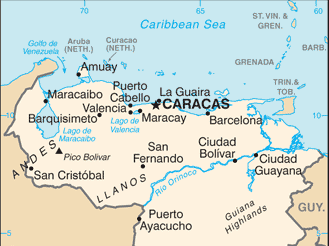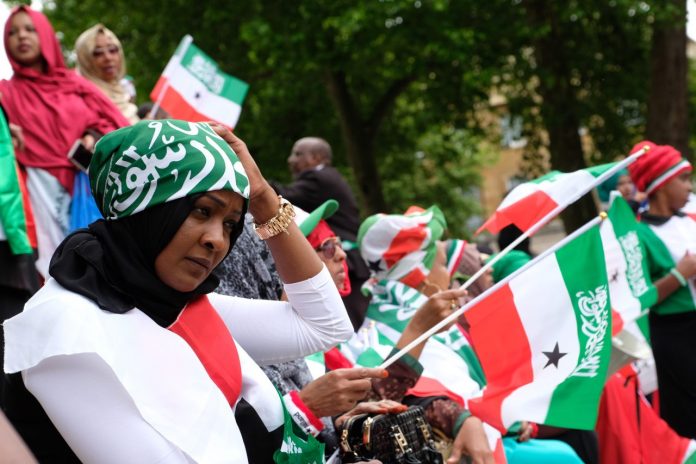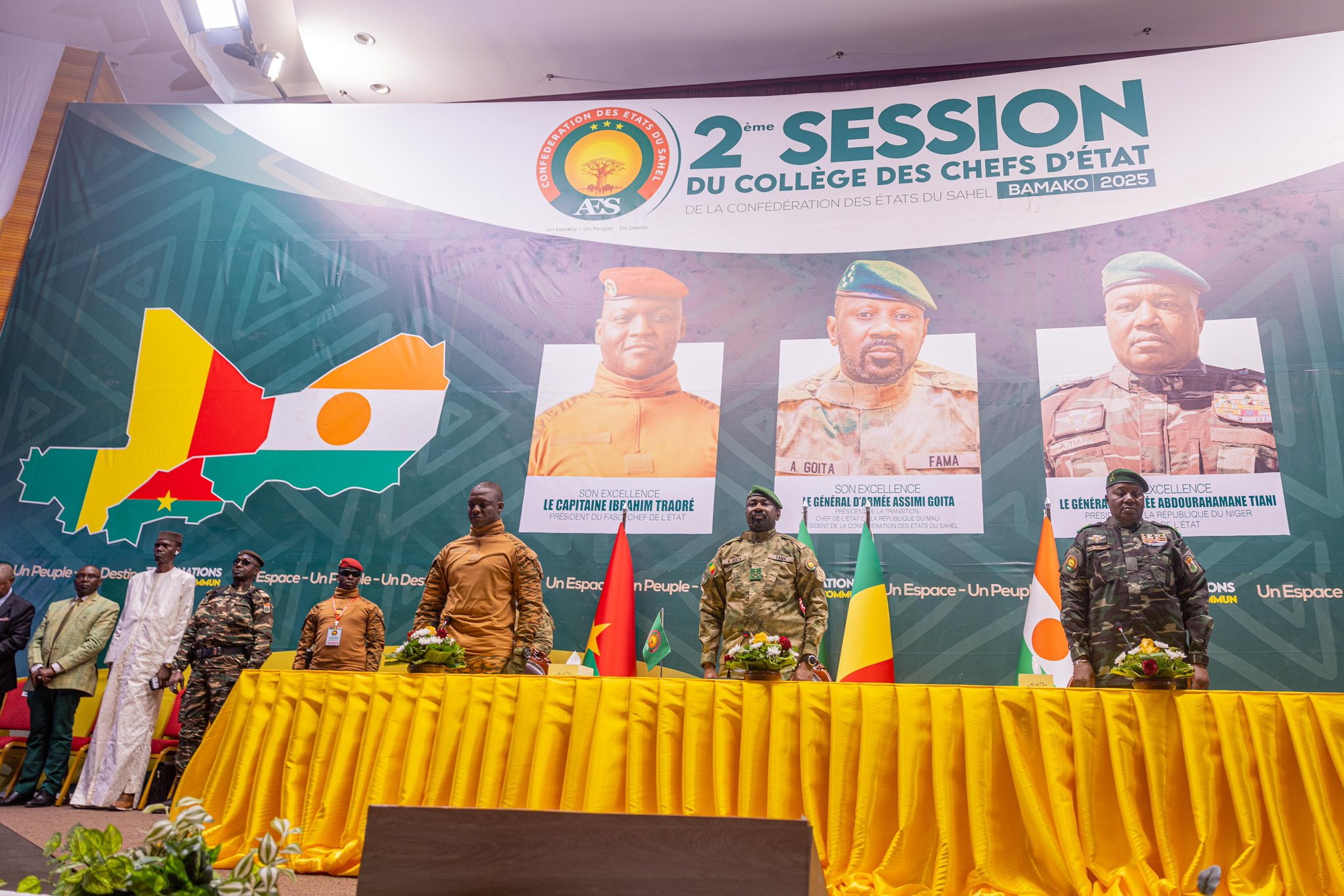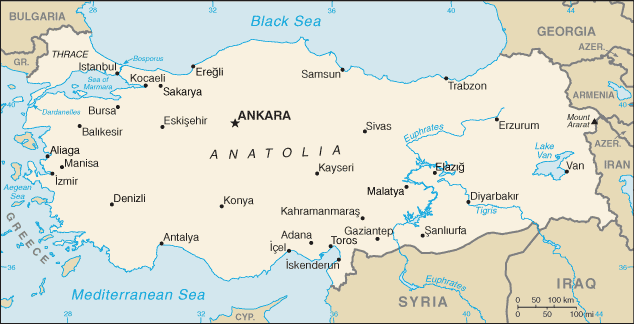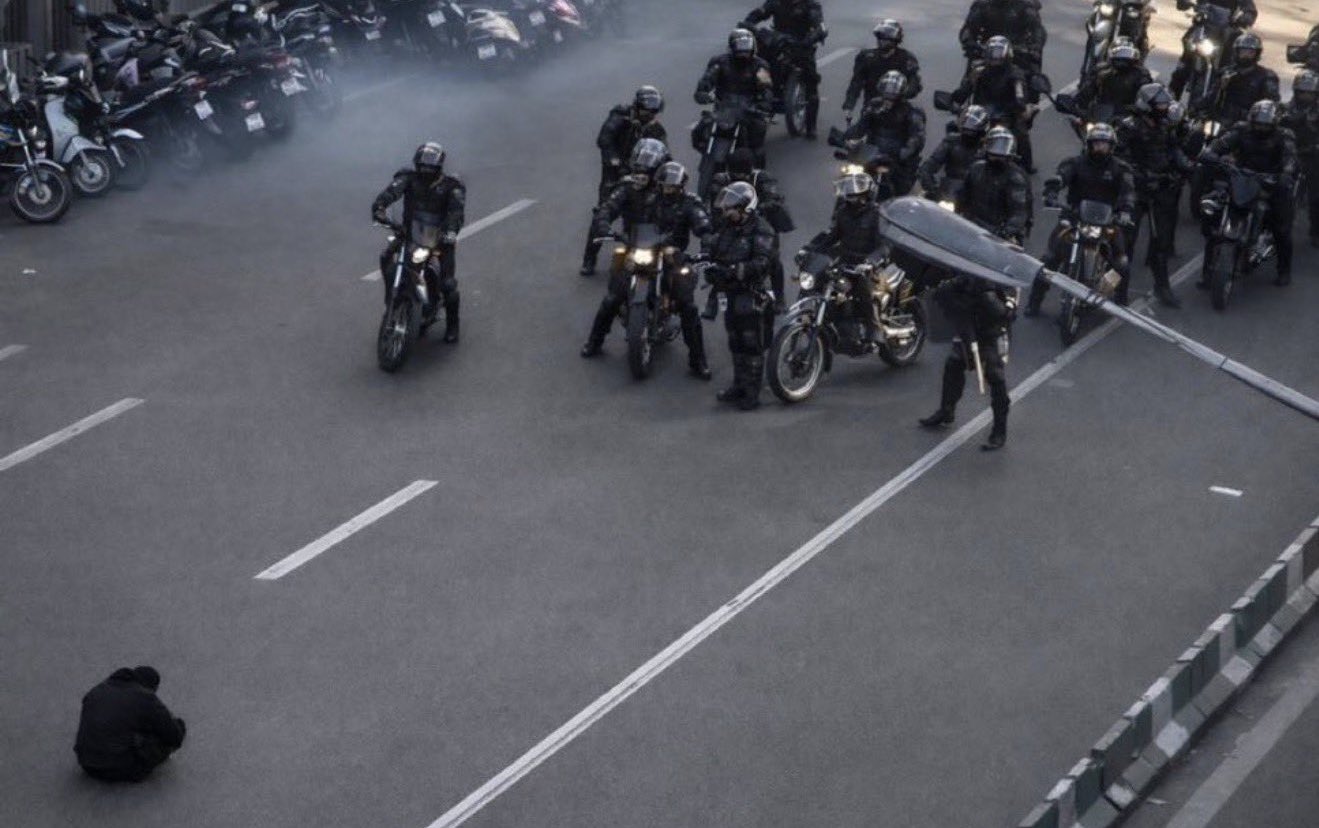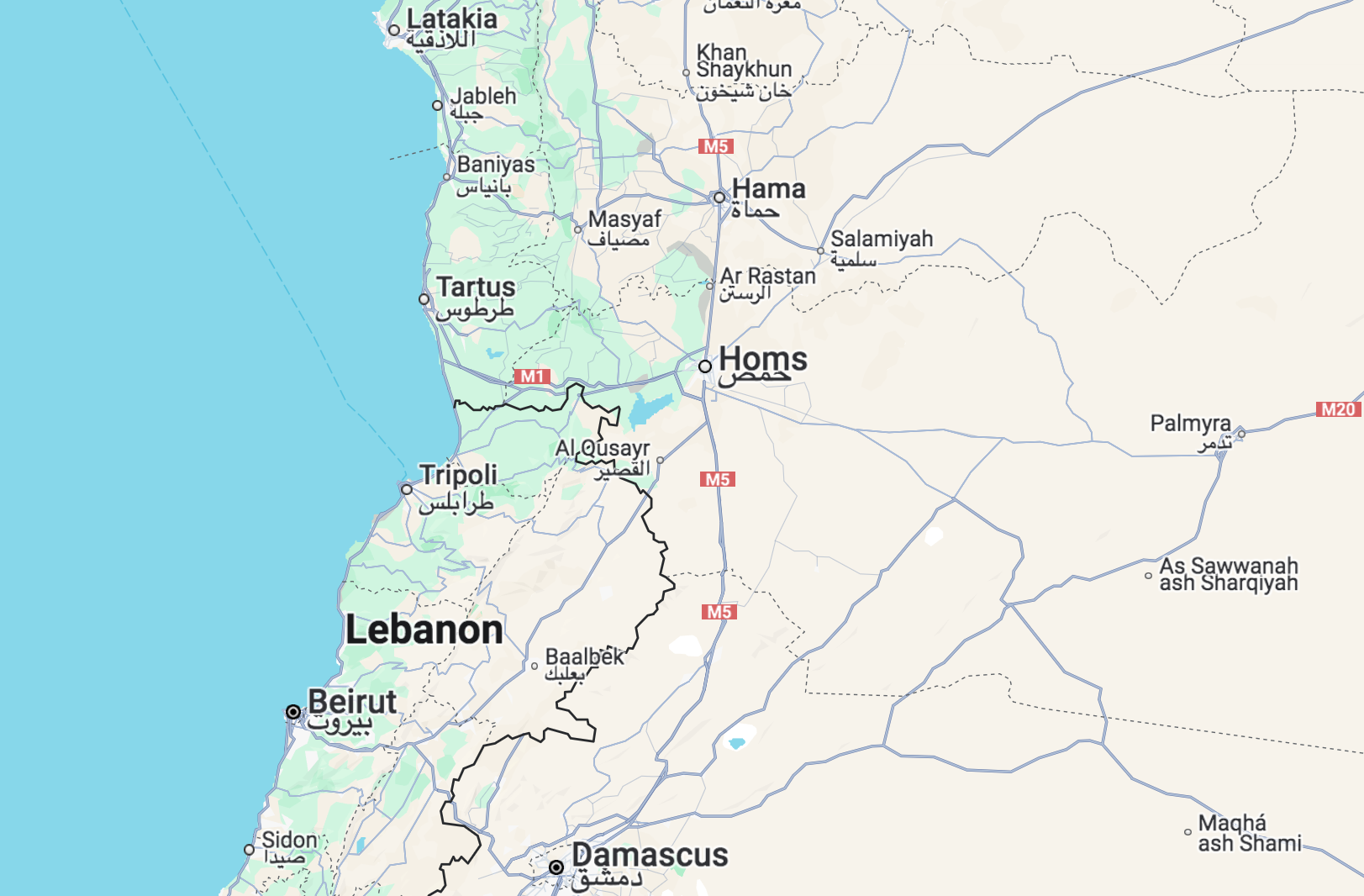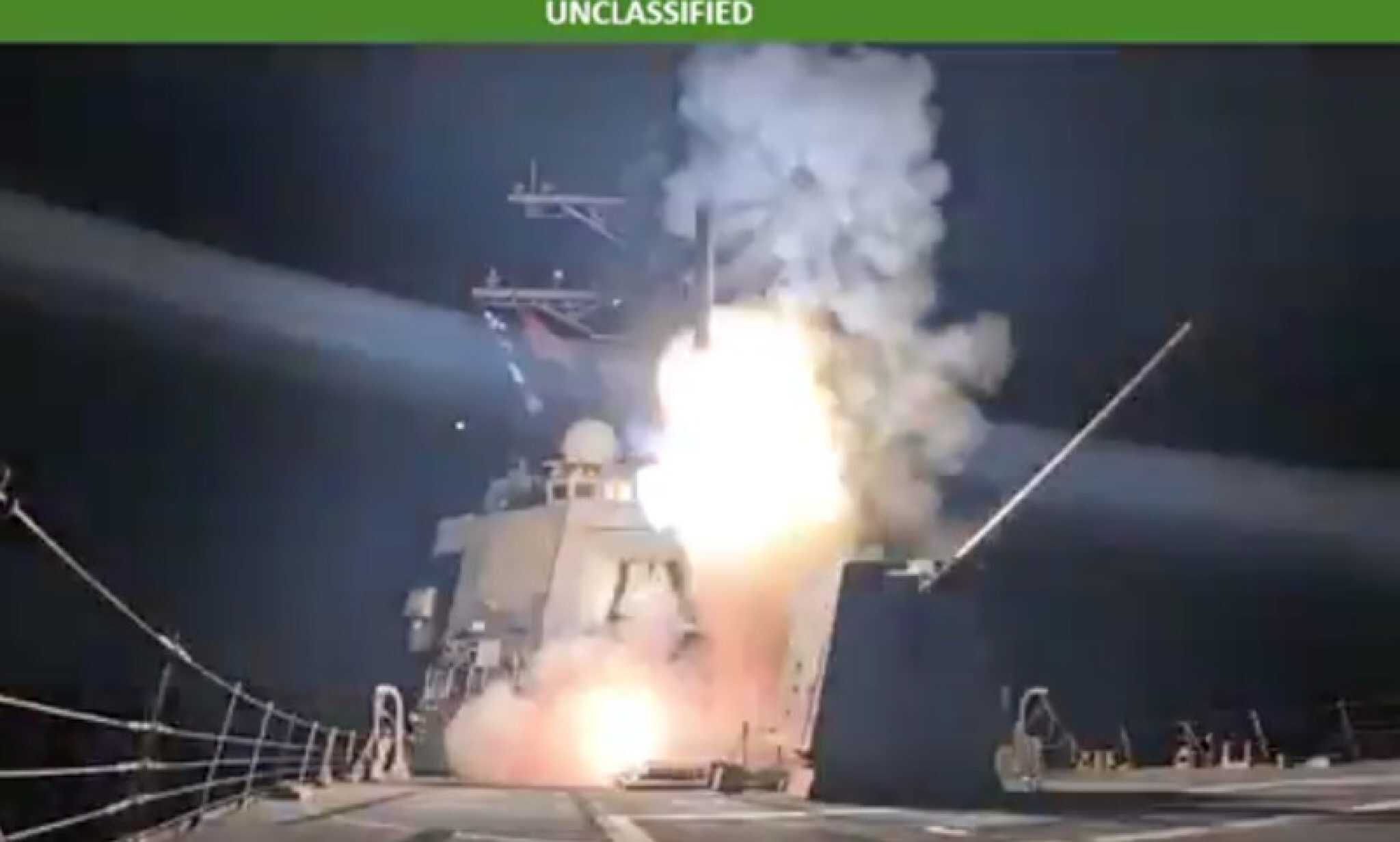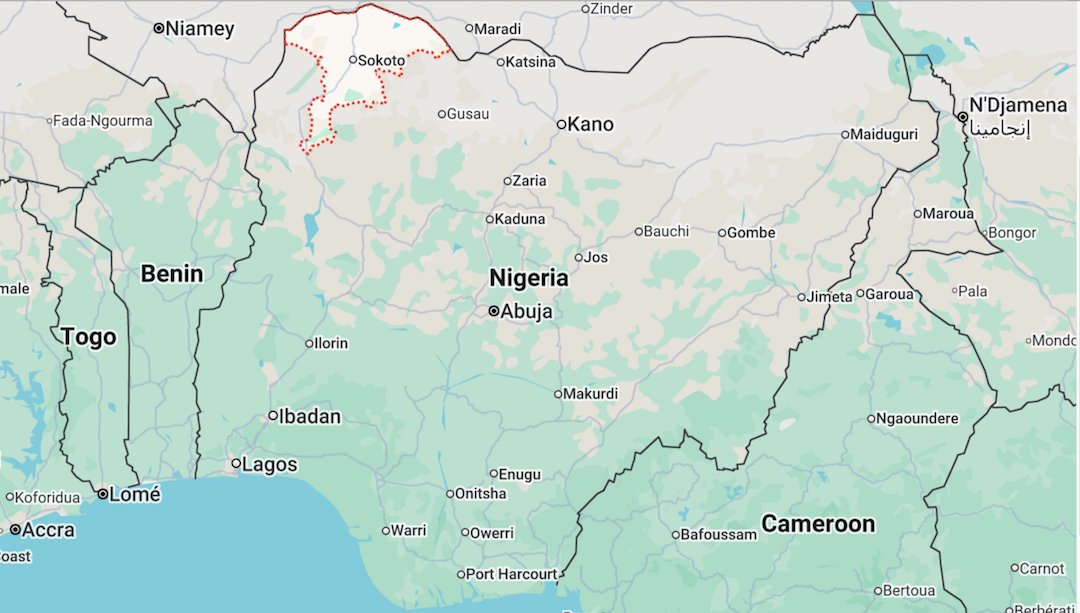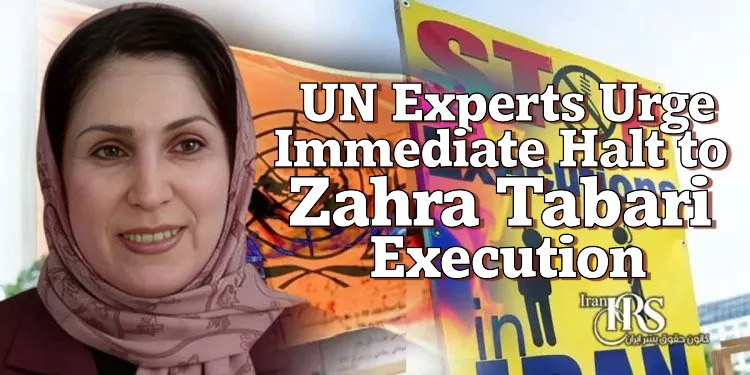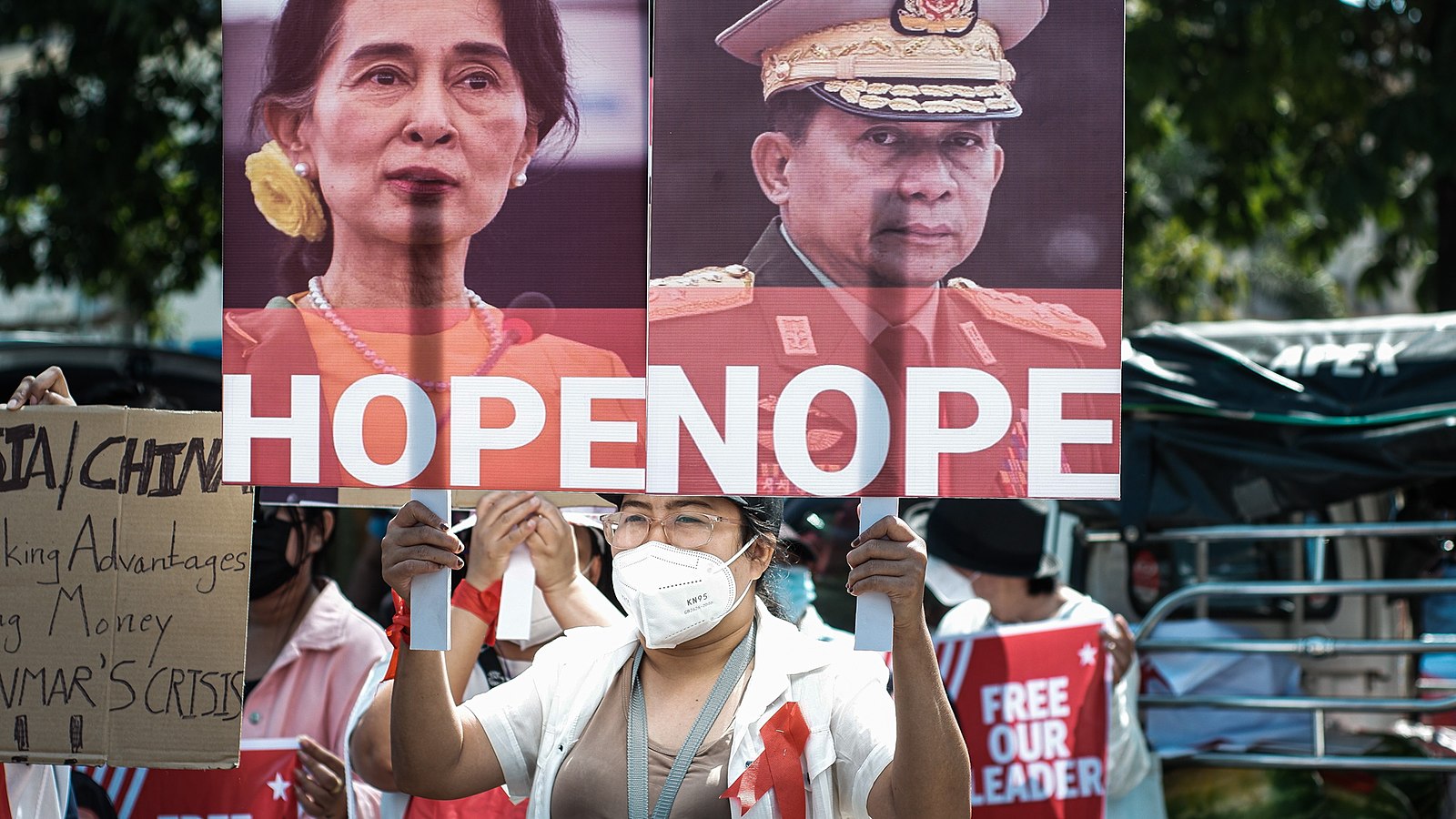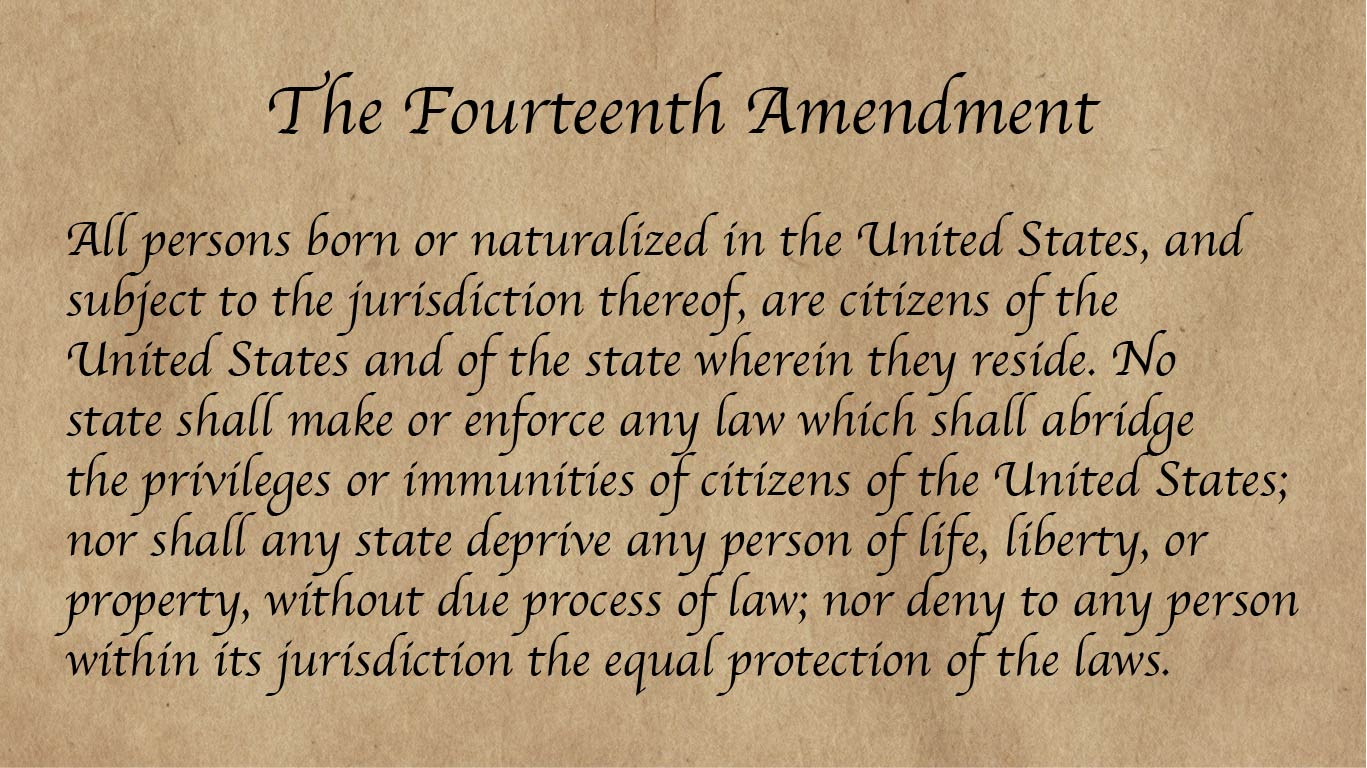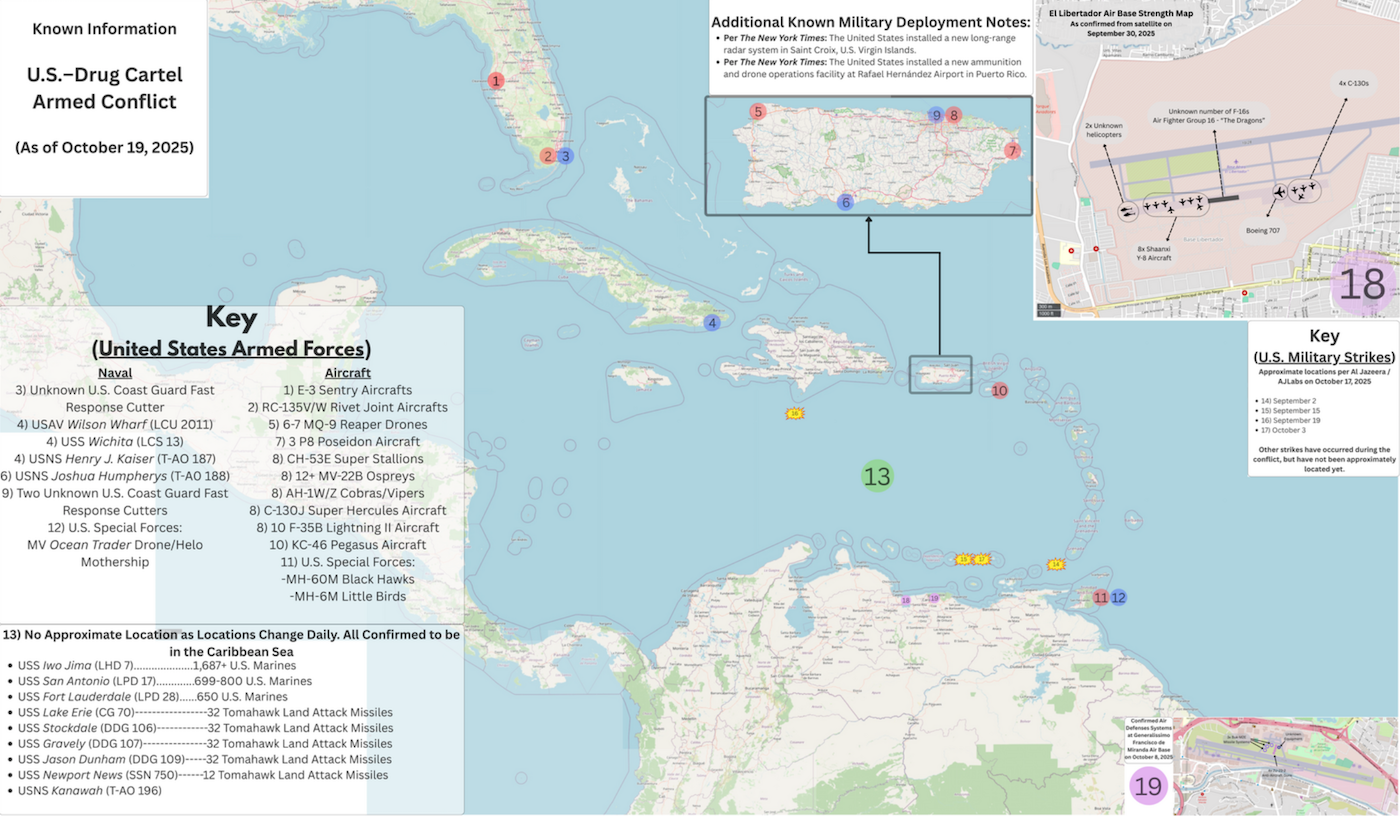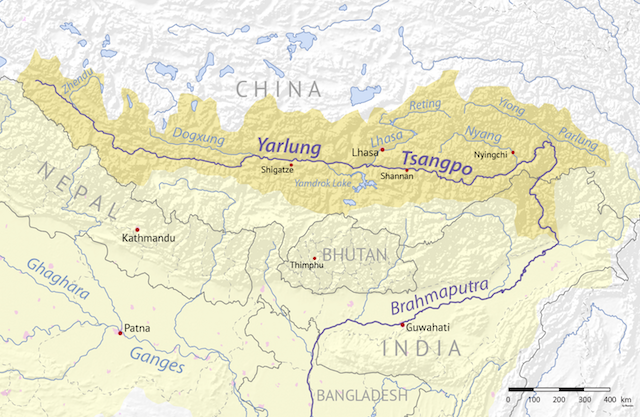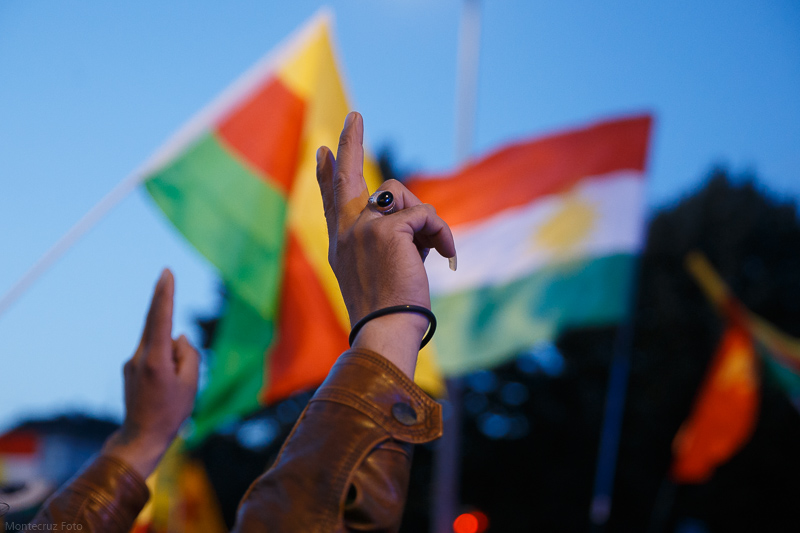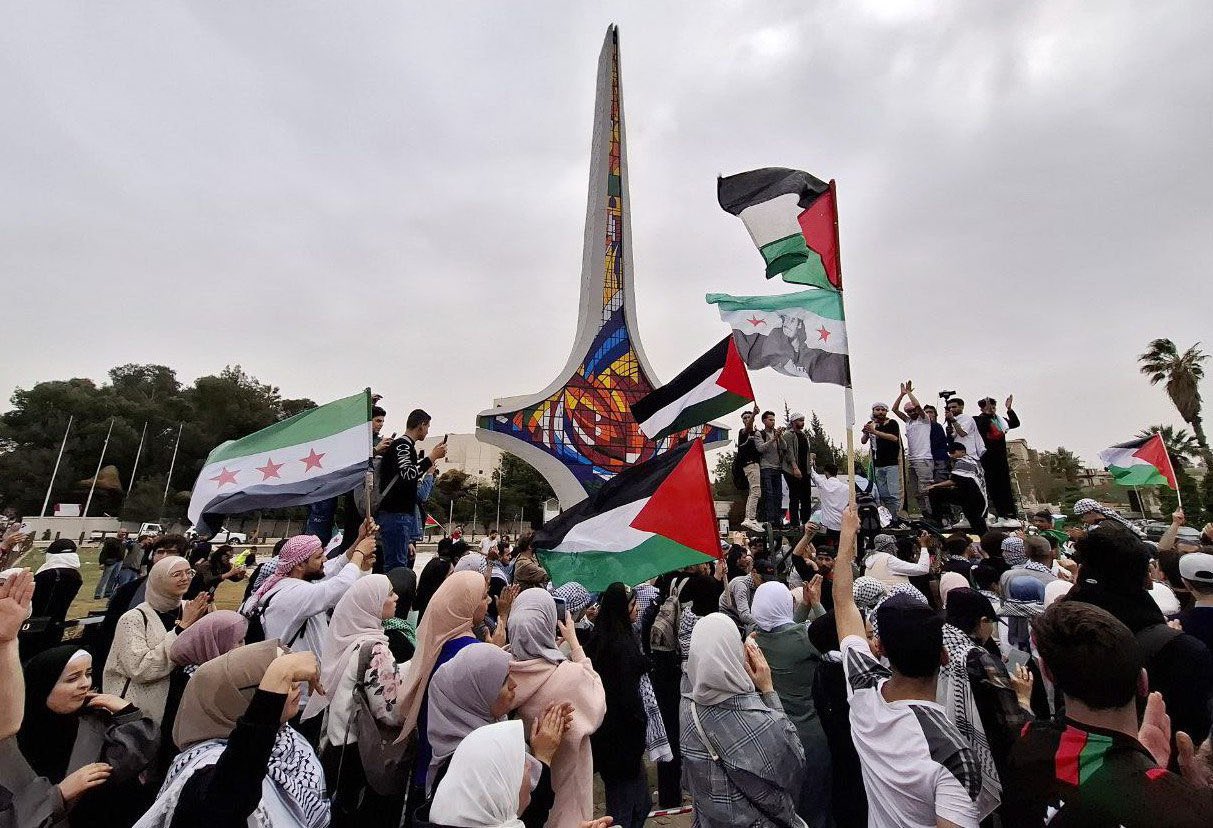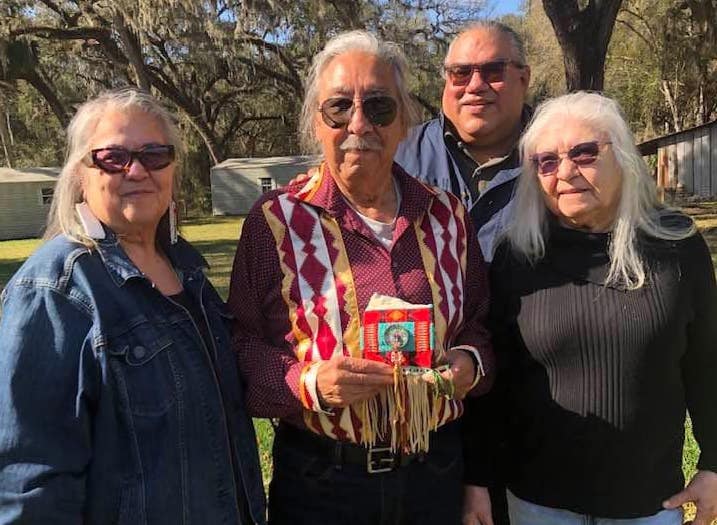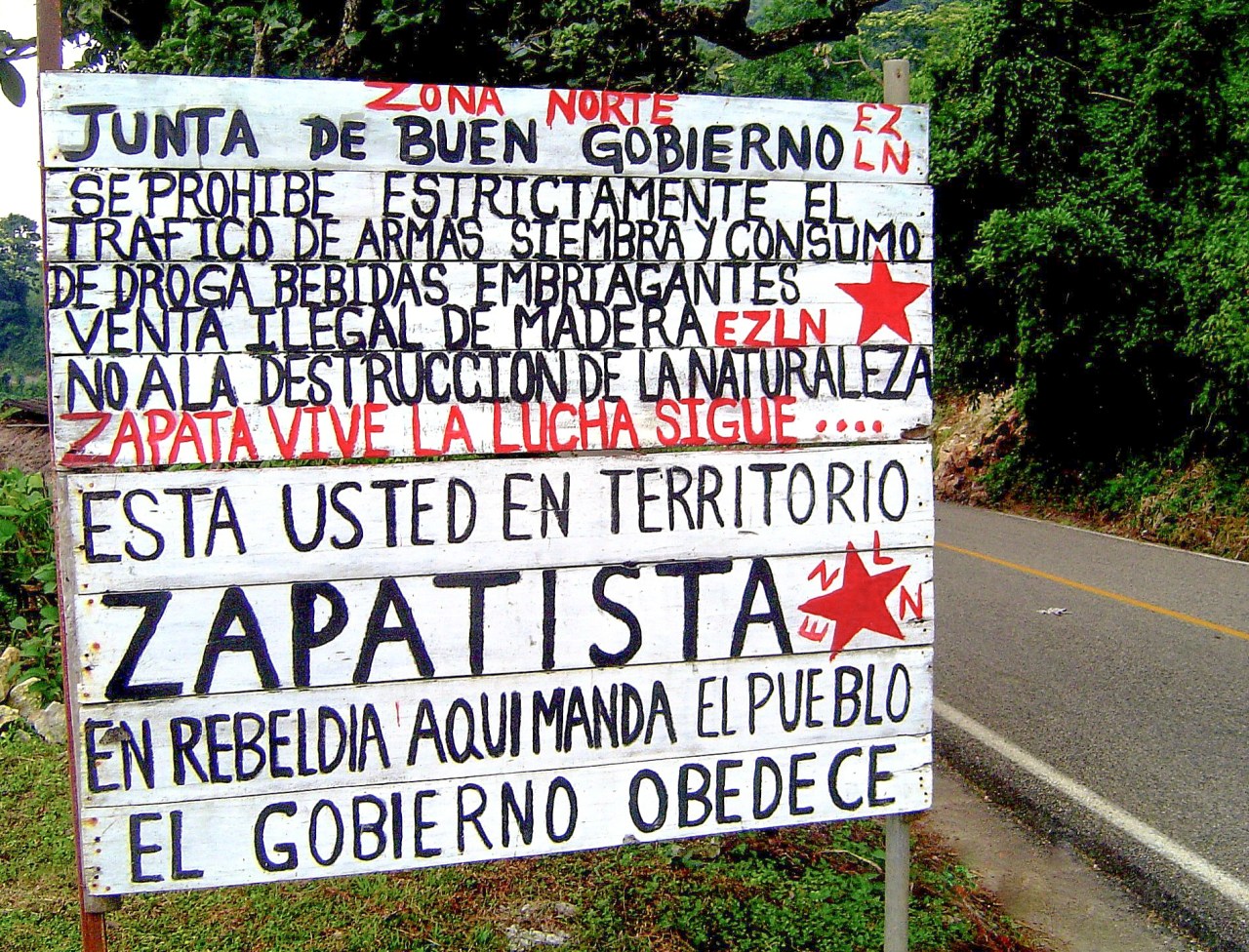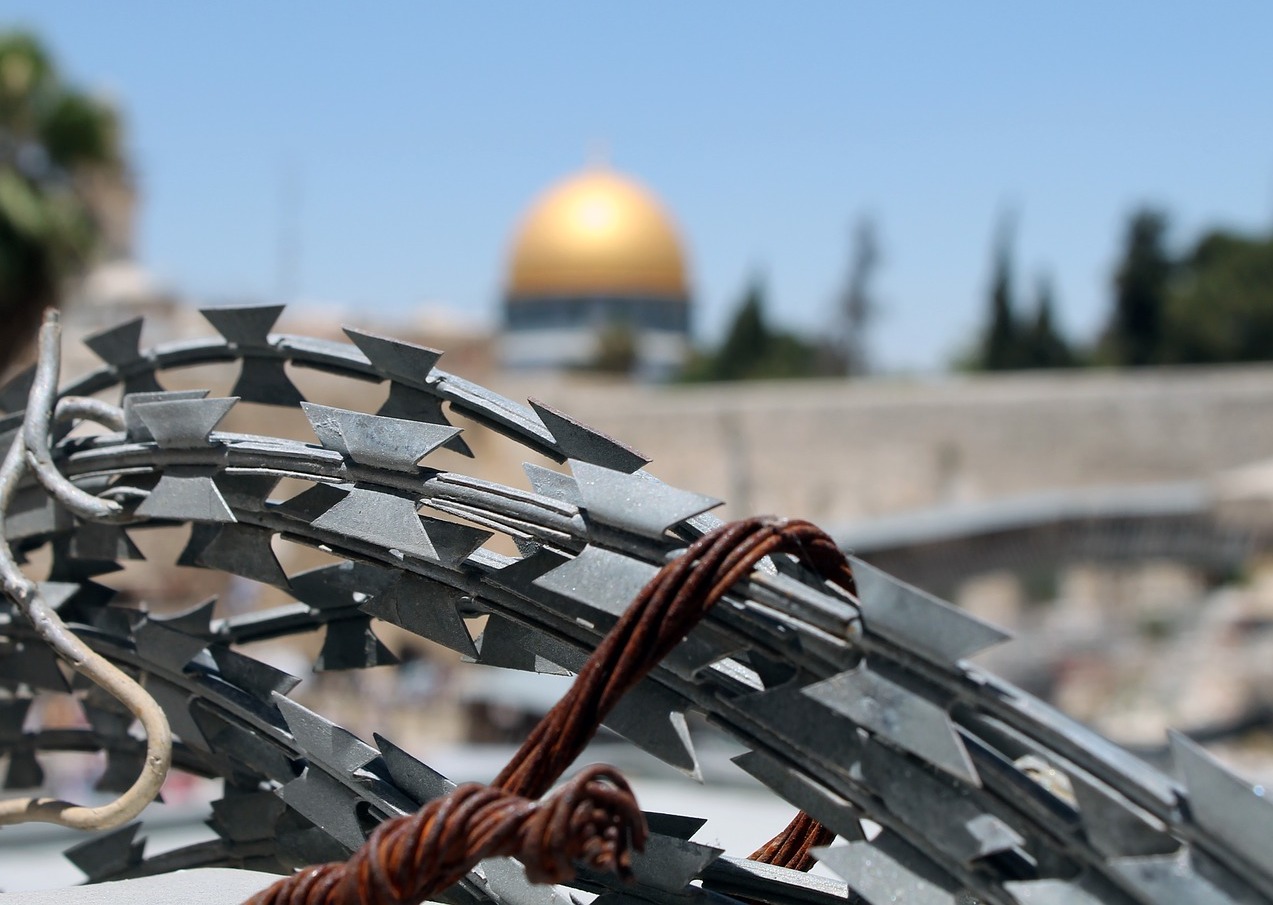
UN rights chief urges Israel to drop death penalty bill
UN High Commissioner for Human Rights Volker Türk urged the Israeli government to abandon proposed legislation that would mandate death sentences exclusively for Palestinians in specific cases—for crimes committed both in Israel and the Occupied Palestinian Territory. Türk stated that the legislation is “inconsistent with Israel’s obligations'” under the International Covenant on Civil & Political Rights. He also raised concerns over the “introduction of mandatory death sentences, which leave no discretion to the courts, and violate the right to life.” The rights chief asserted that Israel has frequently violated the fair trial protections enshrined in the Fourth Geneva Convention for Palestinians in the West Bank or Gaza, adding that this “amounts to a war crime.” (Photo: RJA1988 via Jurist)



